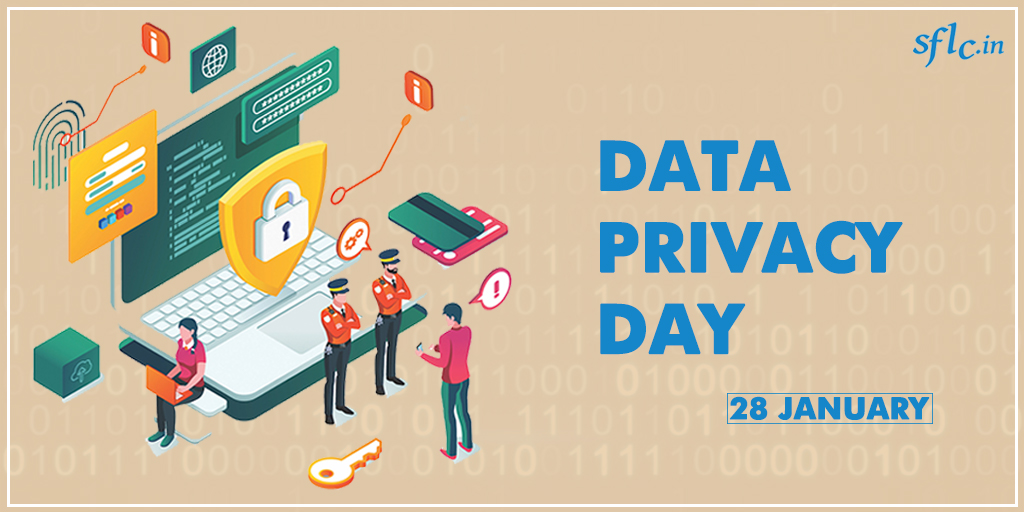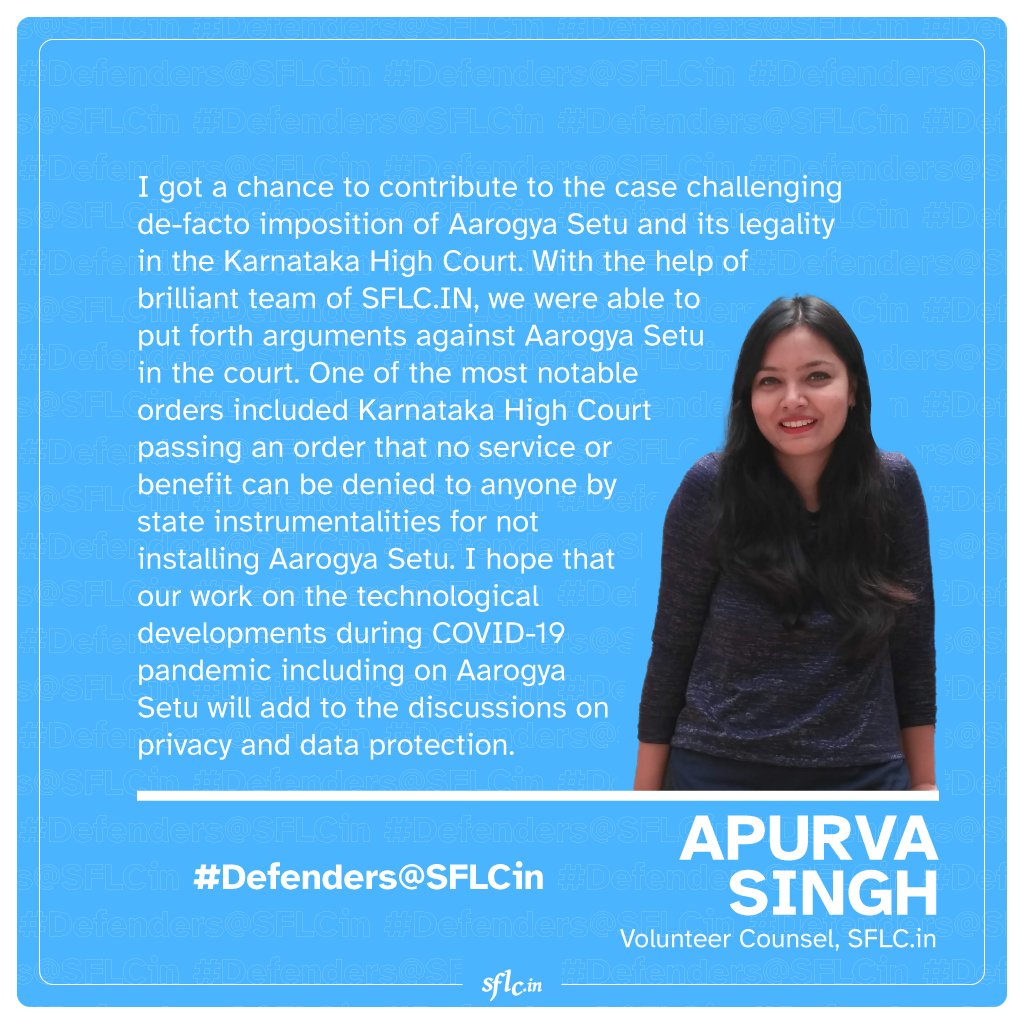
At a time when the entire country is grappling with #COVID-19, mandatory #CoWin registration by @AyushmanNHA will lead to exclusion of citizens from 18-44 years from vaccination who do not use smartphones or do not have an internet connection.
@rssharma3 @MoHFW_INDIA
@rssharma3 @MoHFW_INDIA
https://twitter.com/AyushmanNHA/status/1387305825169854467
Not every citizen has digital literacy to be able to register online for vaccination via CoWIN's website or mobile application.
As @prateekwaghre pointed out that as of December, 2020, there are only 58 internet subscribers out of 100 people in India. This would further push people from getting #vaccination.
@drharshvardhan
@drharshvardhan
https://twitter.com/prateekwaghre/status/1387382052949872643
While #CoWIN allows 4 registrations per number, that does not necessarily mean that this deficit would be bridged and entire registration process for those without smartphones or internet connection would be seamless.
FAQs on #CoWIN's website also state that it would be mandatory for people in the age group of 18-44 to register for vaccination using CoWIN. 

While CoWIN's mobile application supports 12 Indian languages, none of these languages are South Indian languages.
The CoWIN's website only supports English making it further difficult for a significant section of population to register for vaccination.
The CoWIN's website only supports English making it further difficult for a significant section of population to register for vaccination.
CoWIN opened up vaccination selection for 18-44 year olds today. The process was marred with challenges including delays in receiving OTPs. @PrasanthTweets had raised concerns about the need to upgrade its technical infrastructure.
https://twitter.com/SFLCin/status/1366635534127259650
The App also does not have a specific privacy policy.This was raised by SFLC.in in January. The privacy policy linked to the App leads to the Health Data Management Policy.
@Maha_Shoonya
@Maha_Shoonya
https://twitter.com/Maha_Shoonya/status/1353624188867678208
When whole country is fighting COVID, government's role should be ensure seamless vaccination and not to impede it using tech barriers.
We would be sending a representation to @AyushmanNHA @rssharma3 @drharshvardhan highlighting the concerns related to data protection and exclusion because of the #CoWIN application.
Fighting for our #DigitalRights has always been important, but never more than now.
Support us in our fight for your Digital Rights to ensure a safe, inclusive, & open #internet.
sflc.in/donate
#Donatenow
#Donate #HumanRights #LetTheNetWork #DigitalIndia #AyushmanBharat
Support us in our fight for your Digital Rights to ensure a safe, inclusive, & open #internet.
sflc.in/donate
#Donatenow
#Donate #HumanRights #LetTheNetWork #DigitalIndia #AyushmanBharat

• • •
Missing some Tweet in this thread? You can try to
force a refresh




